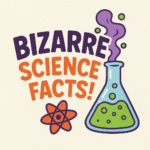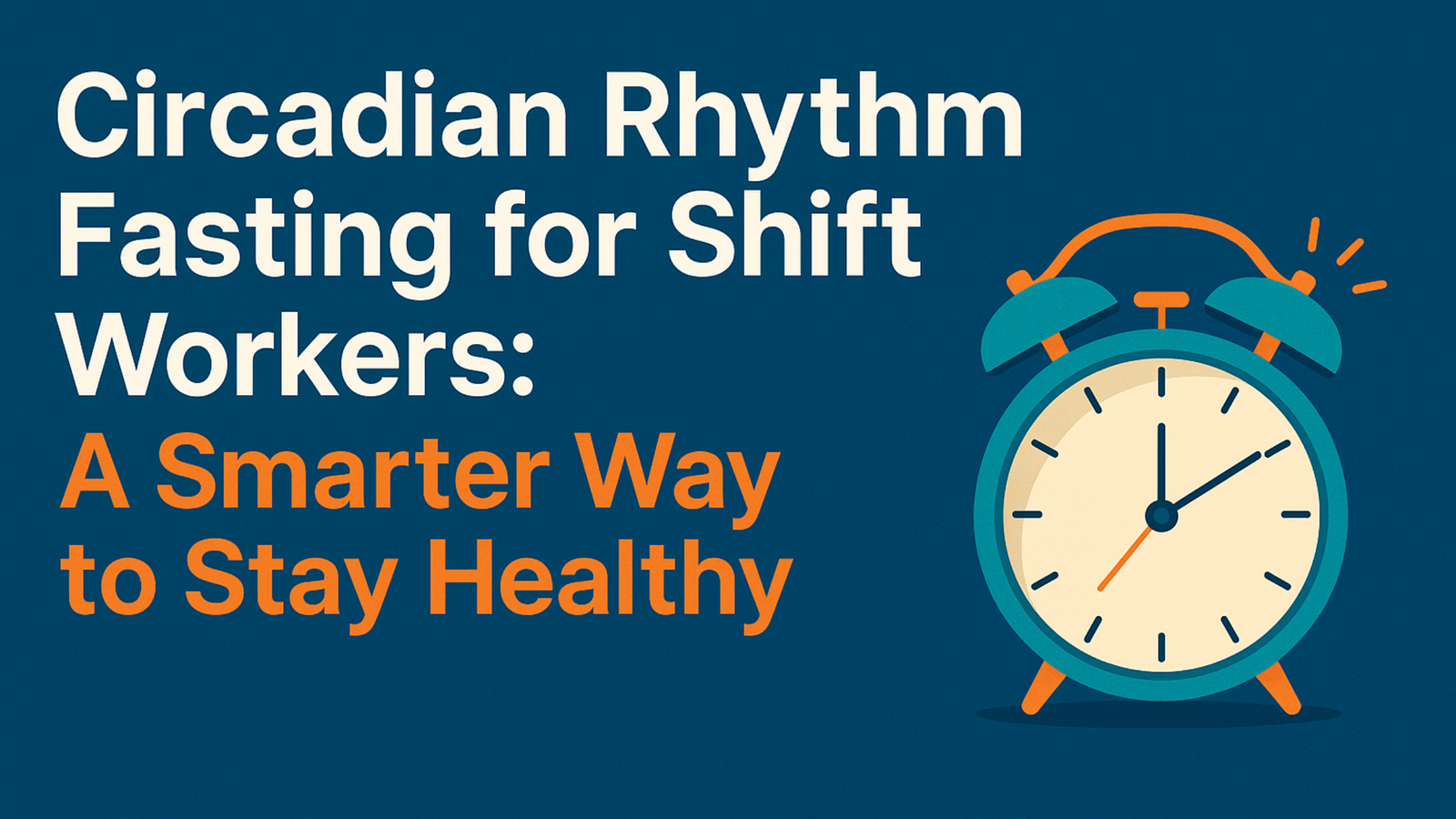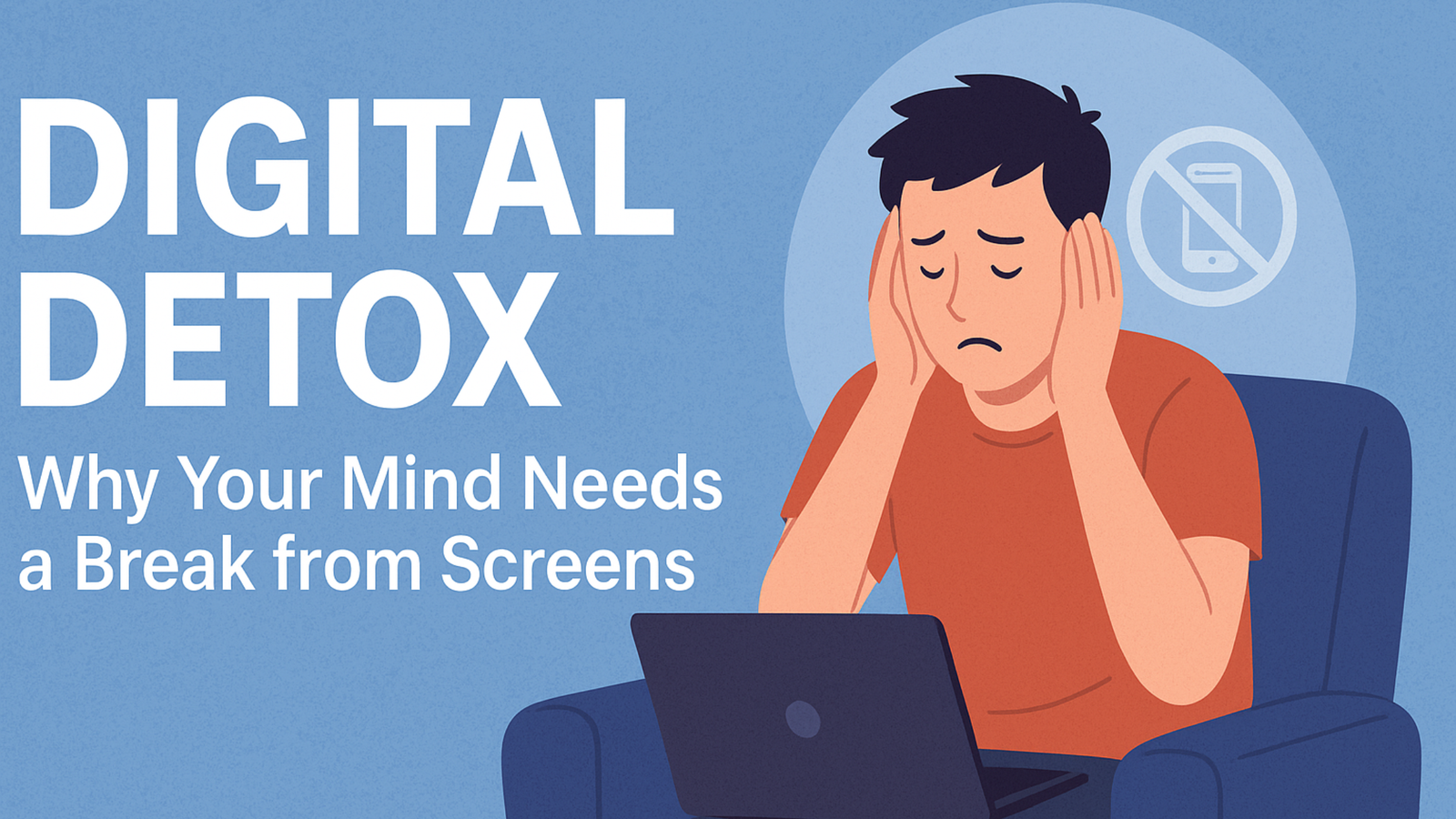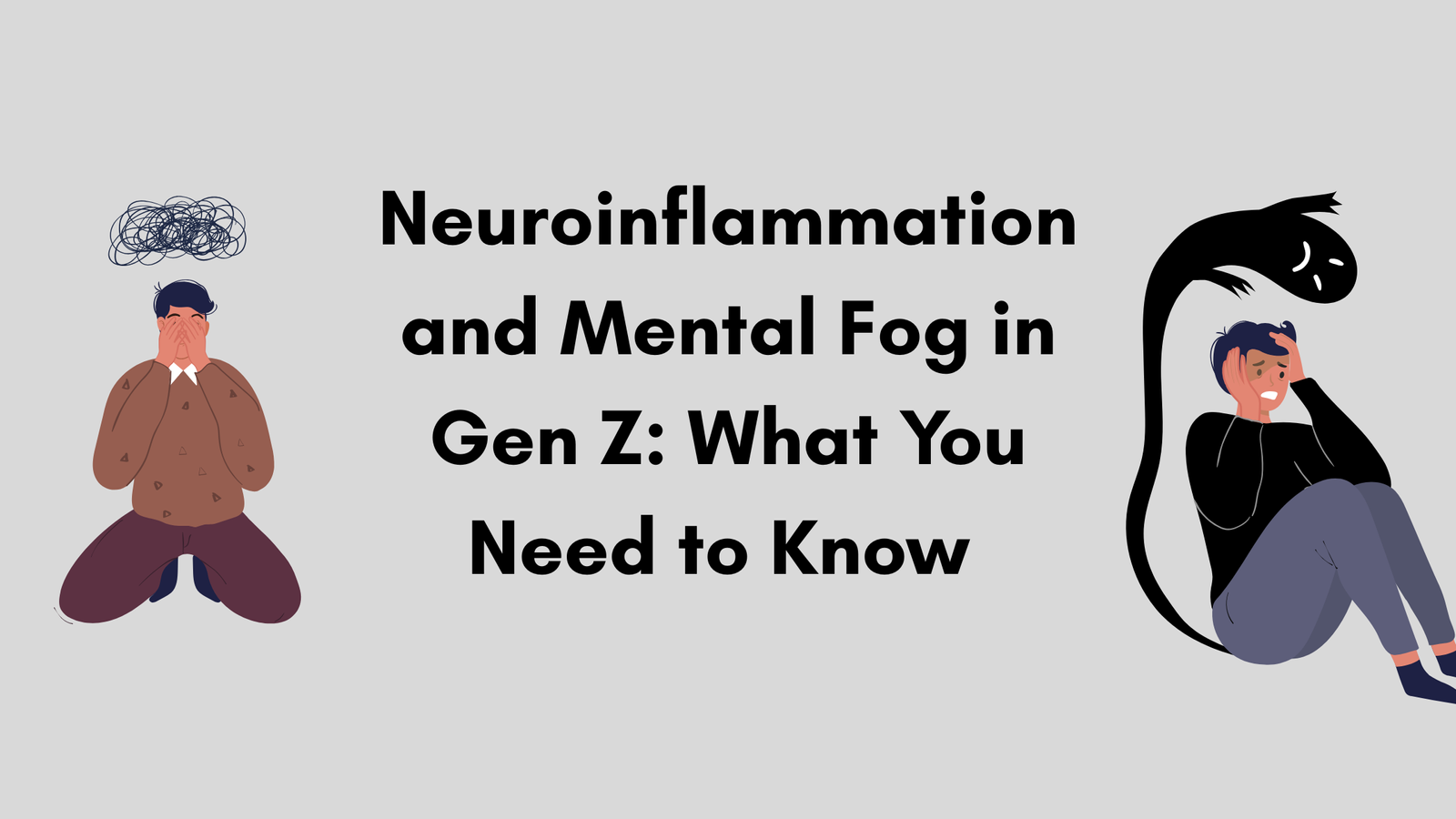(A 2025 Bookmark-Worthy Guide)
Introduction: The Silent Epidemic
At 32, Aisha thought her life was on track. She had a stable job and what seemed like a decent work-life balance—or so she believed. However, something was off. The fatigue wasn’t just tiredness; instead, it felt like a permanent fog. On top of that, her jeans no longer fit despite no major diet changes. Before long, mood swings had become the new normal, and sleep? Well, that was a distant memory.
When she finally visited her doctor, the diagnosis was a word she barely understood: hormonal imbalance. A phrase that sounds harmless but silently wreaks havoc in millions of women’s lives every day.
The truth is that hormones—chemical messengers like estrogen, progesterone, thyroid hormones, and cortisol—control almost every function in a woman’s body. When they go off track, symptoms appear that often get dismissed as “stress” or “aging.”
WHO reports that up to 80% of women experience hormonal fluctuations during their lifetime, with many facing undiagnosed imbalances that lead to chronic conditions.
If you’ve been feeling “not yourself,” this article will help you identify the symptoms of hormonal imbalance every woman should know, understand the root causes, and learn how to restore balance—naturally or with medical help.
What is Hormonal Imbalance?
Hormones are like the software that runs your body’s operating system. From metabolism to mood to fertility—they control it all.
A hormonal imbalance occurs when there’s too much or too little of a hormone in the bloodstream. Even small fluctuations can lead to noticeable changes.
Key Hormones in Women
- Estrogen: Regulates menstrual cycle, mood, bone health.
- Progesterone: Balances estrogen, supports pregnancy.
- Thyroid Hormones (T3, T4): Control metabolism and energy.
- Cortisol: Stress response hormone.
- Insulin: Regulates blood sugar.
- Testosterone (in smaller amounts): Affects libido, muscle tone.
According to Mayo Clinic, hormone fluctuations can be temporary (like during puberty or pregnancy) or chronic (due to PCOS or thyroid disorders).
Causes of Hormonal Imbalance in Women
Hormonal imbalance isn’t a single-diagnosis issue—it’s a complex interplay of factors.
1. Natural Life Stages
- Puberty: Surge in estrogen and progesterone.
- Pregnancy: Dramatic shifts in multiple hormones.
- Perimenopause & Menopause: Decline in estrogen and progesterone.
2. Lifestyle Factors
- Poor diet (high sugar, processed foods).
- Chronic stress → elevated cortisol, low progesterone.
- Sleep deprivation → disrupts melatonin and cortisol balance.
3. Medical Conditions
- Polycystic Ovary Syndrome (PCOS): Affects 1 in 10 women.
- Thyroid disorders: Affect up to 20 million Americans, mostly women (American Thyroid Association).
- Diabetes
- Adrenal fatigue
Common Symptoms Every Woman Should Recognize
Symptoms often appear unrelated, making awareness critical.
1. Unexplained Weight Changes
If you’ve gained or lost weight without major lifestyle changes, insulin resistance, thyroid dysfunction, or estrogen dominance could be the culprits.
Stat: A 2022 Harvard Health report found 65% of women with thyroid imbalance experience weight gain even with normal diet and activity.
2. Persistent Fatigue
When thyroid hormones or cortisol are off, your energy tanks. If 8 hours of sleep still leaves you exhausted, this is a red flag.
3. Mood Swings and Anxiety
Estrogen and progesterone fluctuations affect serotonin and dopamine, impacting mood.
➡ For mental wellness strategies:
Mindfulness for High-Performance Men: Unlocking Focus, Resilience, and Well-Being
(Works for women too—mindfulness reduces cortisol.)
4. Irregular or Painful Periods
Skipped cycles, heavy bleeding, or severe cramps often point to PCOS or thyroid issues.
5. Hair Loss or Thinning
Linked to thyroid dysfunction or androgen imbalance.
6. Low Libido
Declining estrogen and testosterone affect desire.
7. Sleep Disturbances
High cortisol = poor sleep quality. Add estrogen fluctuations, and insomnia becomes a nightly battle.
Other symptoms include:
- Brain fog
- Acne and oily skin
- Hot flashes and night sweats
- Breast tenderness
Case Study 1: Living with PCOS – Sarah’s Journey
Sarah, 28, had struggled with irregular periods since her teens. She brushed it off as stress—until the acne, weight gain, and excess facial hair became hard to ignore.
After years of frustration, Sarah finally saw an endocrinologist. Diagnosis? Polycystic Ovary Syndrome (PCOS)—a condition affecting 10% of women of reproductive age (NIH).
Her treatment plan included:
- Lifestyle changes: High-protein, low-GI diet, strength training.
- Medication: Metformin for insulin resistance.
- Mindfulness practice: To reduce cortisol (PCOS symptoms worsen with stress).
Within 6 months, Sarah noticed regular cycles and improved energy levels.
Key Lesson: Early diagnosis + lifestyle changes = better outcomes.
Case Study 2: Navigating Perimenopause – Anita’s Reality Check
At 45, Anita expected hot flashes and irregular periods—but not crippling anxiety, weight gain, and brain fog. In fact, like many women, she didn’t realize these were hormonal symptoms of perimenopause.
Blood tests revealed:
- Low estrogen
- Fluctuating progesterone
Her doctor recommended:
- Hormone Replacement Therapy (HRT)
- Magnesium supplements
- Yoga for stress reduction
Today, Anita says: “The hardest part was realizing I wasn’t going crazy—my hormones were.”
Key Lesson: Perimenopause isn’t just about periods—it affects mood, metabolism, and mental clarity.
The Hidden Risks of Ignoring Hormonal Imbalance
And here’s why brushing them off is risky—ignoring symptoms can lead to:
- Infertility
- Heart disease
- Osteoporosis
- Mental health disorders
Stat: Women with untreated thyroid conditions have a 60% higher risk of cardiovascular issues (Johns Hopkins).
Visual Hormone Cheat Sheet (Bookmark This!)
Imagine a one-glance chart:
| Hormone | Main Function | Imbalance Signs |
|---|---|---|
| Estrogen | Menstrual cycle, mood | Hot flashes, irregular cycles |
| Progesterone | Fertility, calming | Anxiety, PMS, insomnia |
| Cortisol | Stress response | Fatigue, belly fat, anxiety |
| Thyroid hormones | Metabolism, energy | Weight gain, hair loss, brain fog |
| Insulin | Blood sugar control | Weight gain, cravings |
(Tip: Save this chart or pin it for quick reference.)
Checklist: Is Your Hormonal Health On Track?
Do you experience unexplained weight gain/loss?
Are your periods irregular or painful?
Do you feel fatigued even after good sleep?
Are mood swings or anxiety affecting your daily life?
Have you noticed hair thinning, acne, or low libido?
If you checked 3 or more, consider hormone testing.
Natural Ways to Support Hormonal Balance
1. Diet:
- Eat protein at every meal.
- Add omega-3s (fish, flax seeds).
- Limit sugar and refined carbs.
2. Exercise:
- Strength training
- Yoga (great for stress reduction)
3. Sleep:
- Aim for 7–9 hours, same bedtime daily.
4. Stress Management:
- Meditation
- Breathwork
- Mindfulness (see internal link above)
Medical Treatments and When to Seek Help
Options include:
- Hormone Replacement Therapy (HRT) – for menopause.
- Medications – for thyroid, PCOS, or diabetes.
- Supplements – Vitamin D, magnesium, adaptogens (only after consulting a doctor).
FAQs About Hormonal Imbalance in Women
1. What is the first sign of hormonal imbalance in women?
Typically, the earliest signs include persistent fatigue and mood swings, even when you’re getting enough sleep and managing stress. Over time, irregular periods often become the most noticeable symptom, signaling a deeper disruption in estrogen and progesterone levels.
2. Can stress alone cause hormonal imbalance?
Absolutely—chronic stress can significantly disrupt your hormonal harmony. When cortisol (the stress hormone) stays elevated, it suppresses progesterone and throws off estrogen balance, leading to symptoms like anxiety, irregular cycles, and even weight gain.
3. How long does it take to fix hormonal imbalance naturally?
It varies, but most women see improvements within 3 to 6 months when committing to the right lifestyle changes. This includes clean eating, stress management, quality sleep, and sometimes supplements recommended by a healthcare provider.
4. Is hormonal imbalance permanent?
Not necessarily. Many types of hormonal imbalances can be corrected through a combination of medical treatment and sustainable lifestyle changes. However, if the root cause is untreated—such as PCOS or thyroid dysfunction—the imbalance may persist.
5. Can hormonal imbalance cause weight gain?
Yes—especially if linked to thyroid issues, insulin resistance, or estrogen dominance, which can all make weight management significantly harder despite diet and exercise. That’s why identifying and addressing the root cause is key for lasting results.
External Sources:
- WHO Women’s Health
- Mayo Clinic on Hormones
- Harvard Health
- NIH Hormonal Health
- Johns Hopkins Women’s Health
Final Word: Hormonal imbalance isn’t just a health issue—it’s a quality of life issue. Early awareness, proactive care, and lifestyle changes can make all the difference.
Disclaimer:
Final Note: The information shared here is meant to educate and empower you, not replace professional medical advice. If you’re experiencing symptoms or planning significant lifestyle changes, consult your healthcare provider to ensure the safest and most effective approach.”









